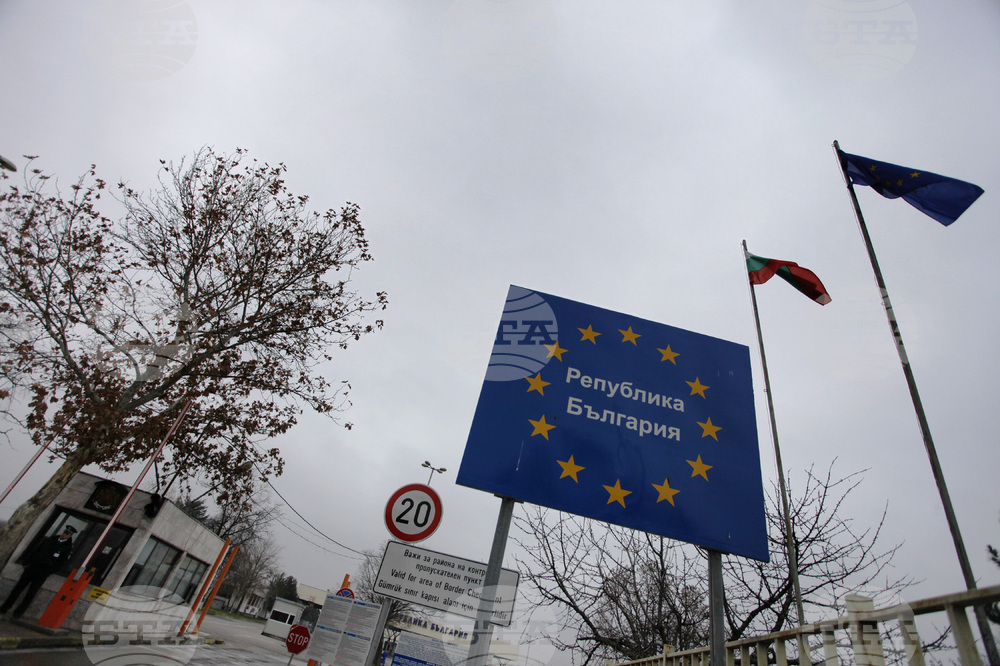site.btaEU Council Announces Lifting Air and Maritime Internal Border Controls with Bulgaria and Romania from Mar. 31, 2024


Brussels announced late on Saturday that the EU member states have reached an agreement on removing air and maritime internal border controls with Bulgaria and Romania. The decision has been taken by unanimity, following a written procedure.
/NF/
news.modal.header
news.modal.text